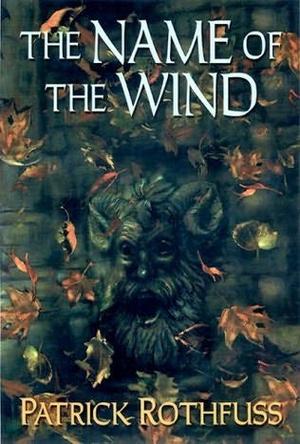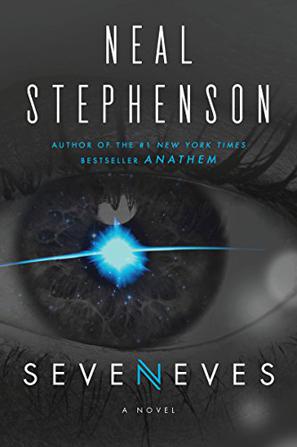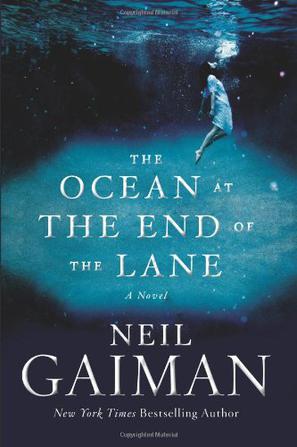The Name Of The Wind
Patrick Rothfuss
From Publishers Weekly
Starred Review. The originality of Rothfuss's outstanding debut fantasy, the first of a trilogy, lies less in its unnamed imaginary world than in its precise execution. Kvothe ("pronounced nearly the same as 'Quothe' "), the hero and villain of a thousand tales who's presumed dead, lives as the simple proprietor of the Waystone Inn under an assumed name. Prompted by a biographer called Chronicler who realizes his true identity, Kvothe starts to tell his life story. From his upbringing as an actor in his family's traveling troupe of magicians, jugglers and jesters, the Edema Ruh, to feral child on the streets of the vast port city of Tarbean, then his education at "the University," Kvothe is driven by twin imperatives—his desire to learn the higher magic of naming and his need to discover as much as possible about the Chandrian, the demons of legend who murdered his family. As absorbing on a second reading as it is on the first, this is the type of assured, rich first novel most writers can only dream of producing. The fantasy world has a new star. (Apr.)
Copyright © Reed Business Information, a division of Reed Elsevier Inc. All rights reserved.
From Booklist
Travelers to the village where Kote runs an inn are rare, but those who've shown up lately have brought bad news. A sort of demonic spider attacks a local, and then Kote rescues a wandering scholar, bringing him to the inn to recover. The man recognizes Kote as the legendary hero Kvothe and begs him to reveal the reality behind all the legends. Most of the novel is Kvothe's autobiography, that of a young genius growing up in a troupe of elite traveling players, tutored by an old arcanist, until marauders (mere marauders?) destroyed it, after which he made his way to the great university and petitioned for admission. Rothfuss skillfully handles the change of Kvothe's voice from child to youth to student, and the voice of the mature Kvothe in retrospective interjections. Hints of further adventures are strewn about in this series opener, whose one problem lies in its naturally slow, unfortunately sometimes draggy pacing. Not exactly a page-turner, but fanciers of long, intricate plots will be pleased. Frieda Murray
Copyright © American Library Association. All rights reserved



